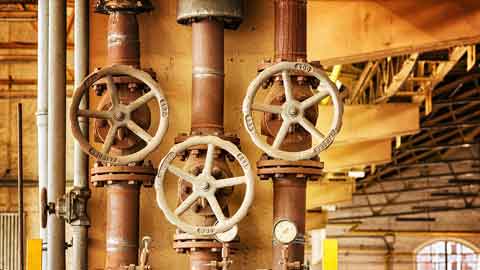
Pressure speeds up chemical reactions. There’s a good reason for this – when particles are under more pressure, they collide more often, which means that there’s more chance for them to react. Professional chemists use this all the time, but most of us don’t need to worry about the chemical effects of pressure outside of a very broad sense. We do, however, need to worry about the physical effects of pressure. Pressure has many physical effects. It can make our ears pop. It can make us feel lightheaded if the air is too thin. It affects weather. And it is what keeps our tyres inflated.
Keeping your tyres properly inflated is a crucial part of responsible vehicle ownership. Underinflated tyres have all sorts of drawbacks. They are less fuel efficient, have poorer traction and handling, and are more susceptible to wearing out quickly. They also carry with them a higher associated risk of blowouts. So it’s pretty important to make sure your tyre pressure is up to standard.
Unfortunately, it’s also a hassle if you don’t have a tyre pressure monitoring system. You’ve got to regularly check the pressure, and then inflate the tyres if they need it, and if it turns out that the pressure was fine already you feel like you’ve just wasted time. Given how busy your life probably is, it’s the sort of thing that you let slide.
With a TPMS, you don’t need to guess about whether your tyres need inflating or not. The tyre sensors measure the pressure and alert you when it drops too low. So rather than debating about how to fit tyre car into your schedule, and telling yourself that you probably don’t need to anyway, the pressure monitor will tell you when it’s time to pump up your tyres so that you don’t need to worry about it.

